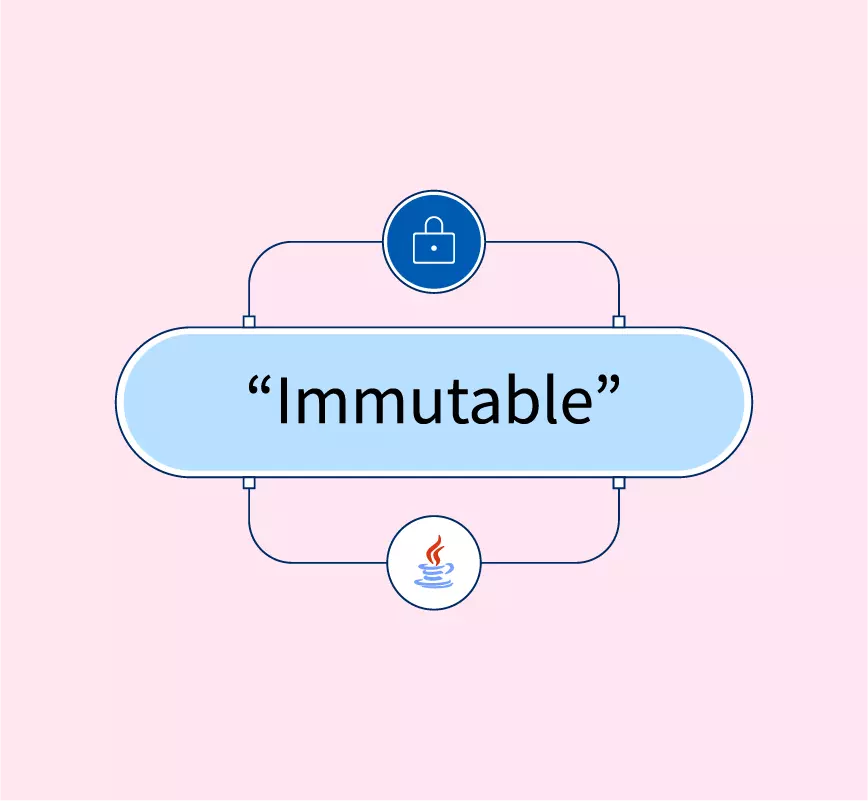What Is Immutable Strings and Just How It Functions
In the world of programming, recognizing the concept of immutable strings is critical for creating durable and secure applications. Immutable strings refer to strings that can not be altered after they are produced, making certain information integrity and predictability within the code.
The Essentials of Immutable Strings
Immutable strings, as a basic concept in programming, are personality sequences that can not be transformed once they are produced. This suggests that when a string is appointed a worth, that worth can not be modified. In languages like Python and Java, strings are immutable items, bring about various effects in terms of memory administration and data honesty.
One of the crucial benefits of unalterable strings is that they give a feeling of safety and security in information adjustment. Since the web content of an unalterable string can not be changed, it makes sure that the original data continues to be undamaged, lowering the risk of unintentional adjustments throughout program implementation (Why are strings immutable in Java?). This residential or commercial property also streamlines debugging processes, as designers can rely on that as soon as a string is defined, its value will certainly not be accidentally modified
In addition, immutable strings assist in reliable memory usage. When a new string is created based upon an existing one, as opposed to changing the initial string, the brand-new value is kept independently. This strategy improves performance by reducing memory fragmentation and streamlining memory allocation procedures. Generally, comprehending the fundamentals of unalterable strings is essential for understanding programs concepts and optimizing code performance.
Benefits of Unalterable Strings
Structure upon the protection and efficiency benefits of immutable strings, their advantages reach enhancing code dependability and streamlining simultaneous programming jobs. By being immutable, strings can not be changed after production, which eliminates the threat of unexpected changes in the data they save. This intrinsic immutability makes sure that as soon as a string is developed, its value continues to be constant throughout the program's execution, minimizing the opportunities of pests triggered by unforeseen modifications.
In addition, immutable strings add to code integrity by making it less complicated to reason concerning the state of a program. Considering that strings can not be transformed, designers can trust that a string will always hold the very same value, streamlining debugging and maintenance initiatives. This predictability leads to much more reliable and secure codebases.

Execution in Programs Languages
Within numerous programming languages, the unification of unalterable strings is an essential facet that impacts just how data is taken care of and controlled within code frameworks. The implementation of unalterable strings varies throughout various programming languages, with each language providing its own systems to support this principle.

On the other hand, languages like C and C++ do not have integrated support for unalterable strings. Programmers in these languages should manually carry out immutability by imposing policies within their helpful resources code to stop direct alterations to string things.
Finest Practices for Dealing With Immutable Strings
When managing immutable strings in programming languages like Java and Python, adhering to ideal practices ensures effective and secure data manipulation. Among the crucial finest techniques is to utilize StringBuilder or StringBuffer as opposed to straight controling strings, particularly when managing comprehensive concatenation operations. These classes supply mutable options for string manipulation, assisting to prevent unneeded memory allowances and enhancing efficiency.
Another ideal practice is to make use of string interpolation or formatting works offered by the language as opposed to manual concatenation. This not only improves readability however likewise help in preventing typical risks such as unintentional string adjustments. Furthermore, when working with delicate data such as passwords or API secrets, it is crucial to prevent keeping them as plain text in unalterable strings. Making use of protected storage devices like char arrays or specialized libraries for taking care of sensitive information helps reduce protection threats connected with immutable strings.
Real-world Applications and Instances
Exploring practical executions of unalterable strings in numerous markets exposes their considerable influence on information integrity and system integrity. In the medical care field, immutable strings play an essential function in ensuring the safety and confidentiality of patient information. By stopping unapproved modifications to sensitive details such as clinical records and prescriptions, immutable strings help keep compliance with strict personal privacy laws like HIPAA.
Economic organizations also take advantage of the immutable nature of strings to boost the security of client information and deal records. Unalterable strings aid stop fraud and unapproved modifications to financial info, offering a durable protection versus cyber hazards and guaranteeing the depend on and self-confidence of customers.

Final Thought
Finest methods for working with unalterable strings include preventing straight adjustments and making use of techniques that return brand-new string objects. Real-world applications of unalterable strings consist of data file encryption, caching, look at here and string manipulation jobs.
Immutable strings refer to strings that can not be altered after they are developed, guaranteeing data stability and predictability within the code. When a brand-new string is produced based on an existing one, instead than changing the initial string, the brand-new worth is kept individually.In languages like Java and Python, strings are unalterable by default, suggesting that as soon as a string item is created, its worth can not be changed - Why are strings immutable in Java?. Best techniques for functioning with immutable strings include avoiding straight adjustments and utilizing address techniques that return brand-new string objects. Real-world applications of immutable strings include data encryption, caching, and string adjustment jobs